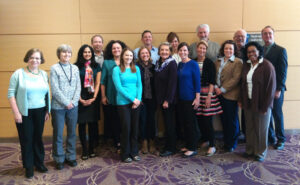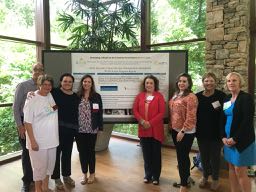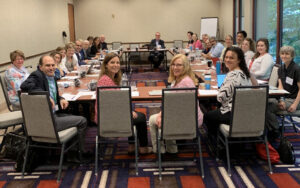What’s missing in sex chromosome aneuploidies? Representation and inclusion
Article Title: What’s missing in sex chromosome aneuploidies? Representation and inclusion
Authors: Mehmet, McDonald, Saldarriaga, Pineros-Leano, and Dwyer
Date of Publication: January 2022
“Given that KS/TS happen by chance, theoretically, these rates should be similar across racial/ethnic groups. Namely, the rates of KS/TS should be similar among non-Hispanic Whites and Black, Indigenous, People of Color (BIPOC) communities. Currently, it is unknown to what extent HR-QoL has been examined in BIPOC communities affected by KS/TS. To provide culturally-informed care for all patients with KS/TS, it is critical to understand the experiences of BIPOC communities. We conducted a systematic review of the literature on HR-QoL in KS/TS to examine the extent that BIPOC communities have been included and represented in the literature to date.”



